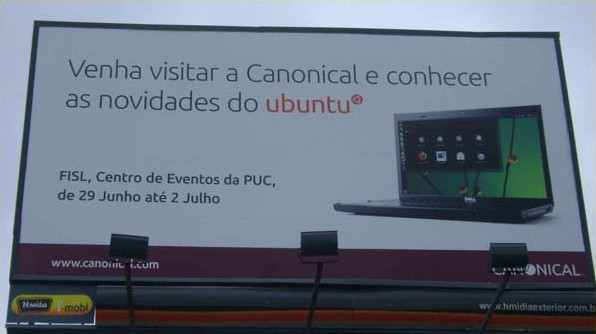![]()
Welcome to the Ubuntu Weekly Newsletter. This is issue #316 for the week 6 – 13 May, 2013, and the full version is available here.
In this issue we cover:
- Ubuntu 8.04 (Hardy Heron), 10.04 (Lucid Lynx) Desktop, and 11.10 (Oneiric Ocelot) End of Life reached on May 9, 2013
- Virtual Ubuntu Developer Summit 13.05
- Our Community Website
- Ubuntu Stats
- Jono Bacon: Sprinting In Oakland
- Nicholas Skaggs: People behind Ubuntu quality: Javier, Howard and Jackson
- Rick Spencer: Ugly Duckling to Beautiful Swan, or How an App Developer Benefits from Designer/Developer Collaboration
- Ian Weisser: Brainstorm Big 5 – May 2013
- London OpenStack & MySQL Meetups May 23rd
- Samsung U1000 Sexier Than Galaxy S4 But Doesn’t Run Android [First Samsung Ubuntu Concept]
- Ubuntu vs Android Tablets, Smartphones: Canonical’s Secret Weapon
- Where’s my Ubuntu for Android?
- First looks at Ubuntu and Kubuntu 13.04
- In The Blogosphere
- In Other News
- Other Articles of Interest
- Upcoming Meetings and Events
- Updates and Security for 8.04, 10.04, 11.10, 12.04, 12.10 and 13.04
- And much more!
The issue of The Ubuntu Weekly Newsletter is brought to you by:
- Amber Graner
- Craig Sargent
- Paul White
- John Kim
- Javier Lopez
- Tiago Carrondo
- Jim Connett
- Jose Antonio Rey
- And many others
If you have a story idea for the Weekly Newsletter, join the Ubuntu News Team mailing list and submit it. Ideas can also be added to the wiki!
![]() Except where otherwise noted, content in this issue is licensed under a Creative Commons Attribution 3.0 License BY SA Creative Commons License
Except where otherwise noted, content in this issue is licensed under a Creative Commons Attribution 3.0 License BY SA Creative Commons License



